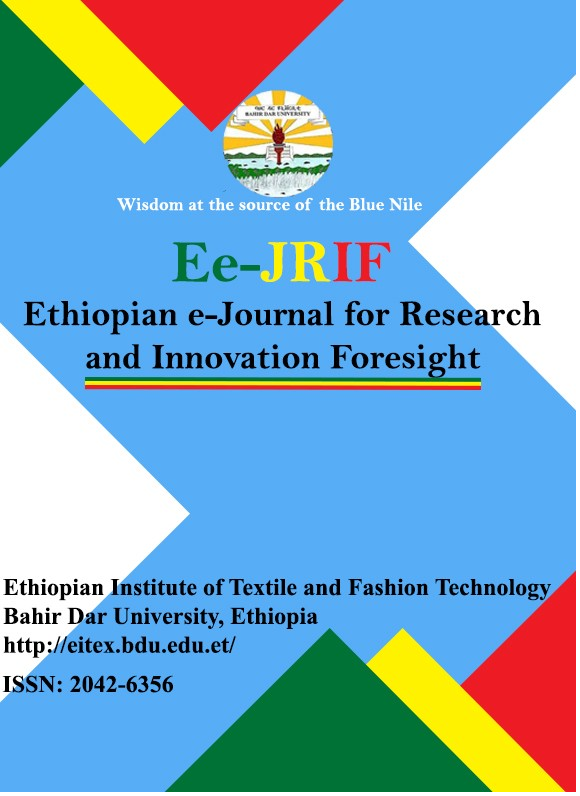The Political Economy of Terrorism in Nigeria: An Examination of Money Laundering And Terrorist Financing Mechanism
Abstract
Terrorism in Nigeria has developed into a multifaceted sociopolitical and economic phenomenon supported by sophistry of financial mechanisms that enable its expansion and sustainability, with an emphasis on money laundering and terrorist financing methods, this paper critically investigates the political economics of terrorism in Nigeria. The study examines how corruption, informal financial networks, poor governance systems, and international illegal financial flows play a role in funding terrorist actions, drawing on both Nigerian and international viewpoints. It draws attention to the ways that terrorist organisations like Boko Haram and the Islamic State West Africa Province (ISWAP) capitalize on the weaknesses in Nigeria's institutional frameworks, border controls, and financial system in order to finance their activities and launder money. The study examines how political complicity, economic suffering, and the continuation of terrorism interact using qualitative data from government reports, journal articles, and case studies. Additionally, it looks at the institutional and legal responses to counterterrorism finance, pointing out important weaknesses in regulatory oversight, interagency collaboration, and enforcement. The study concludes that a multifaceted strategy is needed to combat terrorist financing in Nigeria, including enhanced financial intelligence, stronger anti-money laundering frameworks, cross-border cooperation, and the political will to impose accountability and transparency. The economic undercurrents that support terrorism are highlighted in this study, which advances our understanding of the phenomenon beyond its ideological dimensions and provides policy insights for development and national security.
Copyright (c) 2025 Ethiopian e-Journal for Research and Innovation Foresight (Ee-JRIF)

This work is licensed under a Creative Commons Attribution-NonCommercial 4.0 International License.

